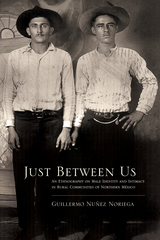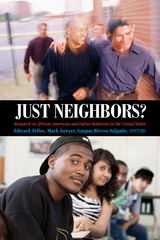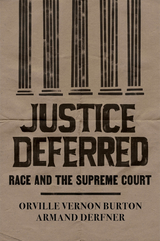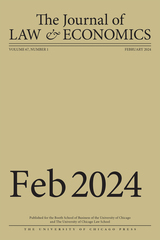104 start with J start with J


Using fieldwork from rural Sonora, Mexico, Guillermo Núñez Noriega posits that men accept this intimacy outside gender categories and stereotypes, despite the traditional patriarchal society. This work contests homophobia and the heterosexual ideal of men and attempts to break down the barriers between genders.
The photograph Núñez Noriega uses to explore the shifting attitudes and perceptions of sexuality and gender provokes more questions than answers. Recognizing the societal regulations at play, the author demonstrates the existence in contemporary Mexico of an invisible regime of power that constructs and regulates the field of possibilities for men’s social actions, especially acts of friendship, affection, and eroticism with other men. The work investigates “modes of speaking” about being a man, on being gay, on the implicit meanings of the words homosexual, masculine, trade, fairy, and others—words that construct possibilities for intimacy, particularly affective and erotic intimacy among men.
Multiple variants of homoeroticism fall outside the dominant model, Núñez Noriega argues, a finding that offers many lessons on men and masculine identities. This book challenges patriarchal definitions of sex, gender, and identity; it promotes the unlearning of dominant conventions of masculinity to allow new ways of being.


“[A] learned and thoughtful portrayal of the history of race relations in America…authoritative and highly readable…[An] impressive work.”
—Randall Kennedy, The Nation
“This comprehensive history…reminds us that the fight for justice requires our constant vigilance.”
—Ibram X. Kendi
“Remarkable for the breadth and depth of its historical and legal analysis…makes an invaluable contribution to our understanding of the US Supreme Court’s role in America’s difficult racial history.”
—Tomiko Brown-Nagin, author of Civil Rights Queen: Constance Baker Motley and the Struggle for Equality
From the Cherokee Trail of Tears to Brown v. Board of Education to the dismantling of the Voting Rights Act, Orville Vernon Burton and Armand Derfner shine a powerful light on the Supreme Court’s race record—uplifting, distressing, and even disgraceful. Justice Deferred is the first book that comprehensively charts the Supreme Court’s race jurisprudence, detailing the development of legal and constitutional doctrine, the justices’ reasoning, and the impact of individual rulings.
In addressing such issues as the changing interpretations of the Reconstruction amendments, Japanese internment in World War II, the exclusion of Mexican Americans from juries, and affirmative action, the authors bring doctrine to life by introducing the people and events at the heart of the story of race in the United States. Much of the fragility of civil rights in America is due to the Supreme Court, but as this sweeping history reminds us, the justices still have the power to make good on the country’s promise of equal rights for all.
READERS
Browse our collection.
PUBLISHERS
See BiblioVault's publisher services.
STUDENT SERVICES
Files for college accessibility offices.
UChicago Accessibility Resources
home | accessibility | search | about | contact us
BiblioVault ® 2001 - 2024
The University of Chicago Press









